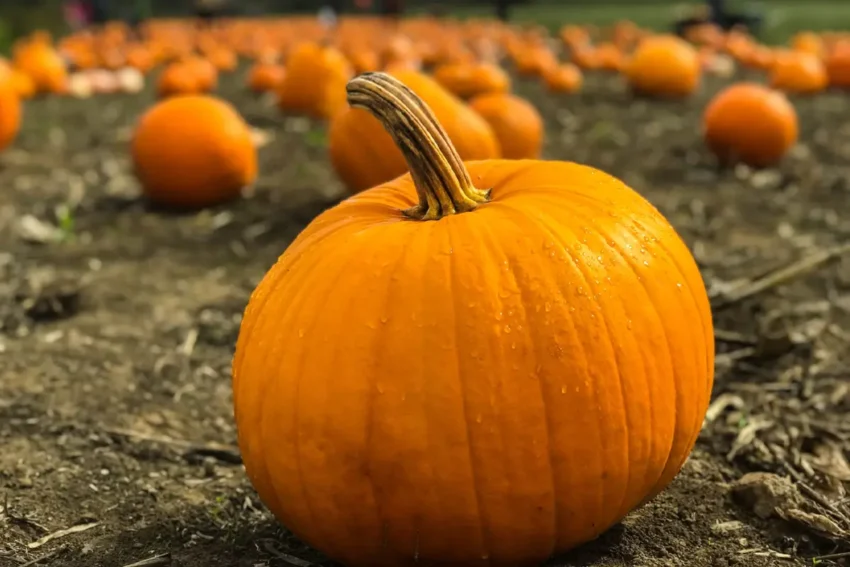Pumpkin is a popular, widely cultivated winter squash that belongs to the Cucurbitaceae family of plants. It is native to North America and is one of the oldest crops grown by indigenous people there. Today, pumpkins are grown on a global scale and are a staple in many kitchens due to their versatility and sweet, nutty flavor.
Pumpkins come in various sizes, shapes, and colors, ranging from small, round pumpkins to large, oblong varieties. They are often used in sweet dishes such as pumpkin pies, cakes, and breads, as well as savory dishes such as soups, stews, and curries. The flesh of the pumpkin can be roasted, mashed, or puréed, and its seeds are often roasted as a snack.
In addition to its culinary uses, pumpkin has numerous health benefits. It is an excellent source of vitamins and minerals, including vitamin A, vitamin C, potassium, and iron. The seeds are rich in healthy unsaturated fats, protein, and fiber, making them a nutritious snack option. Pumpkin also contains antioxidants that help protect the body against damage from free radicals and may help reduce the risk of certain diseases.
Pumpkin is a popular symbol of Halloween and is often used in autumn decorations, such as jack-o’-lanterns. It is also used in many traditional celebrations, such as Thanksgiving in the United States, where it is a common ingredient in festive dishes.
In conclusion, pumpkin is a versatile, nutritious, and flavorful crop that is enjoyed by people all over the world. Whether used in sweet or savory dishes, roasted or puréed, it is a staple in many kitchens and a popular symbol of the autumn season.

